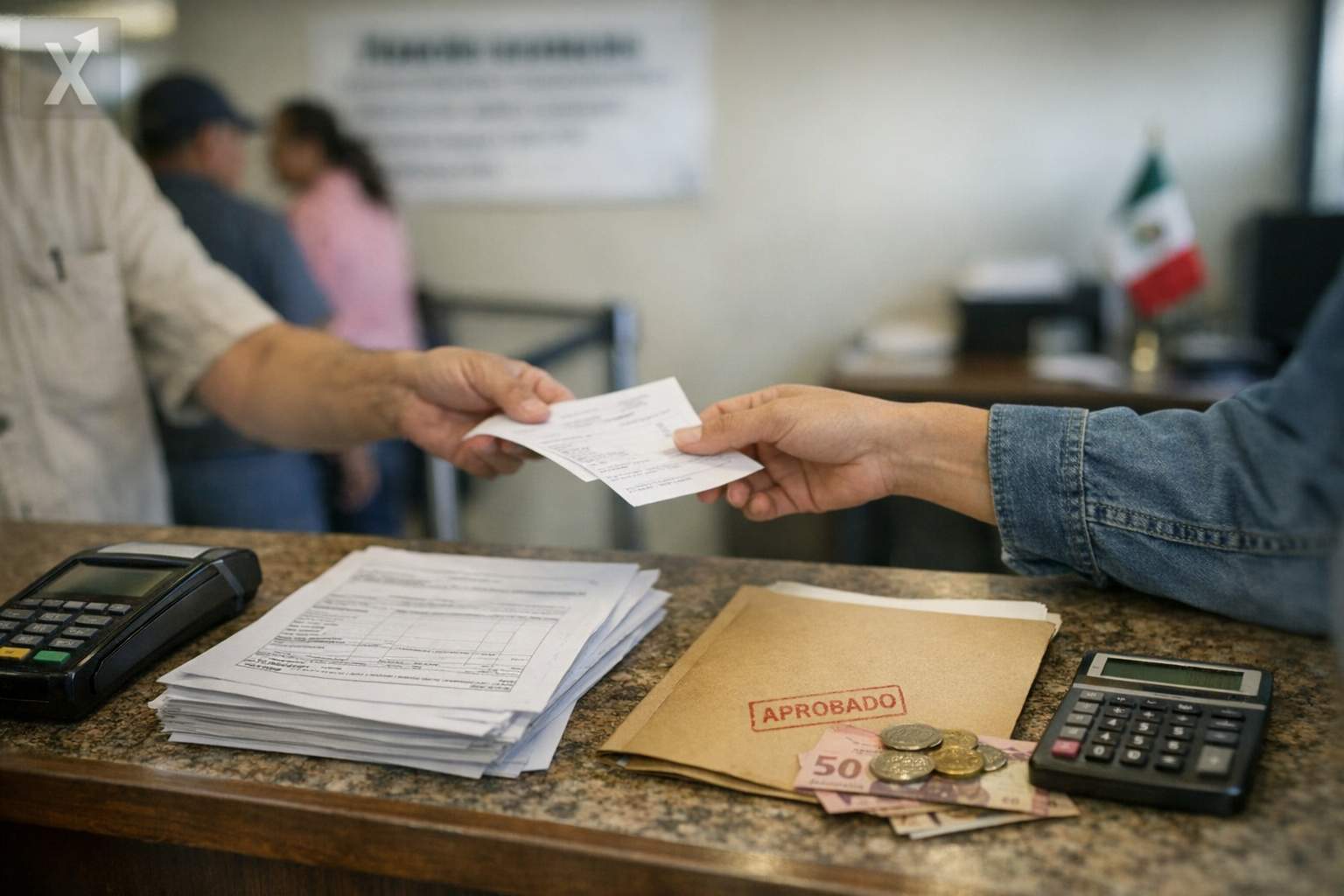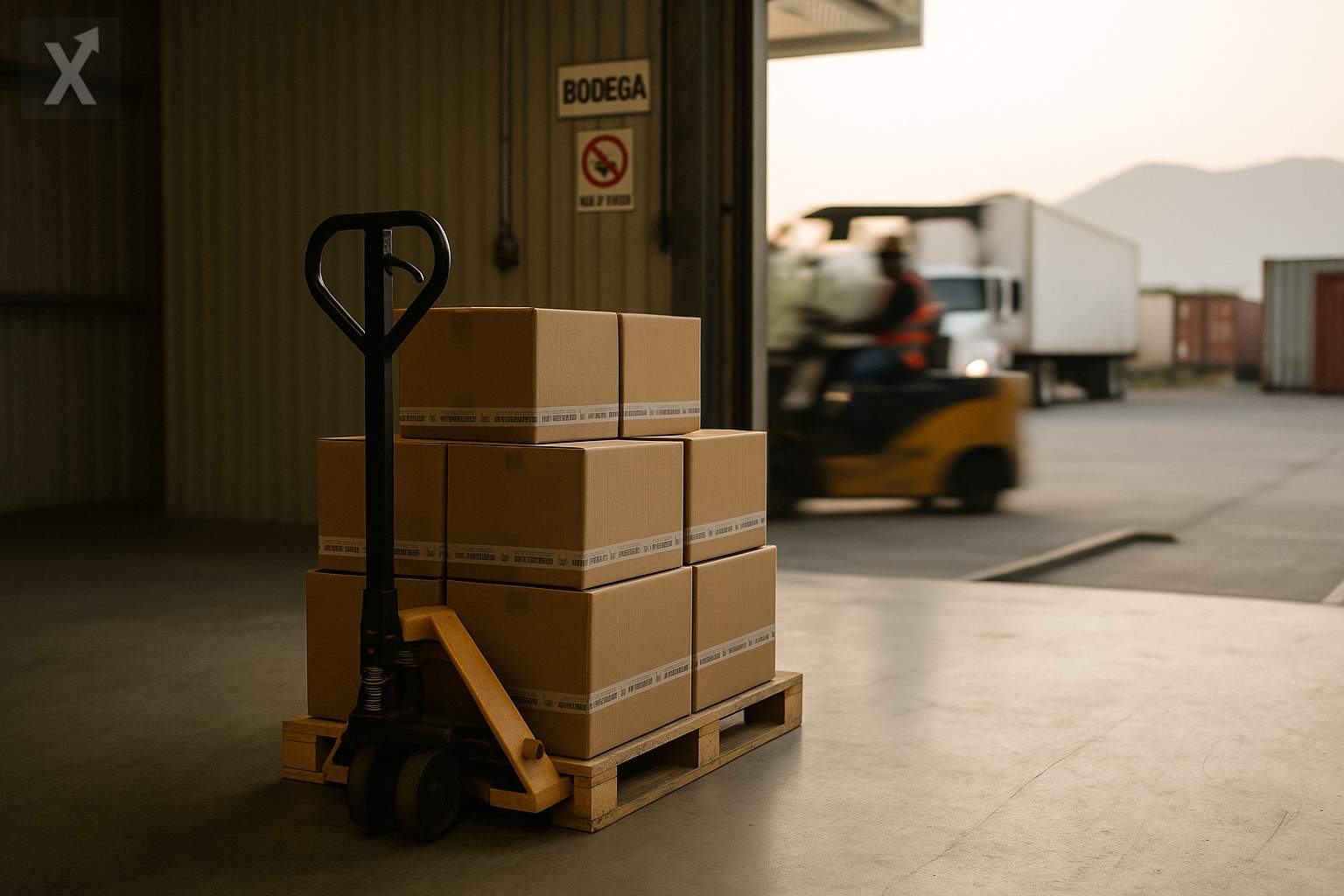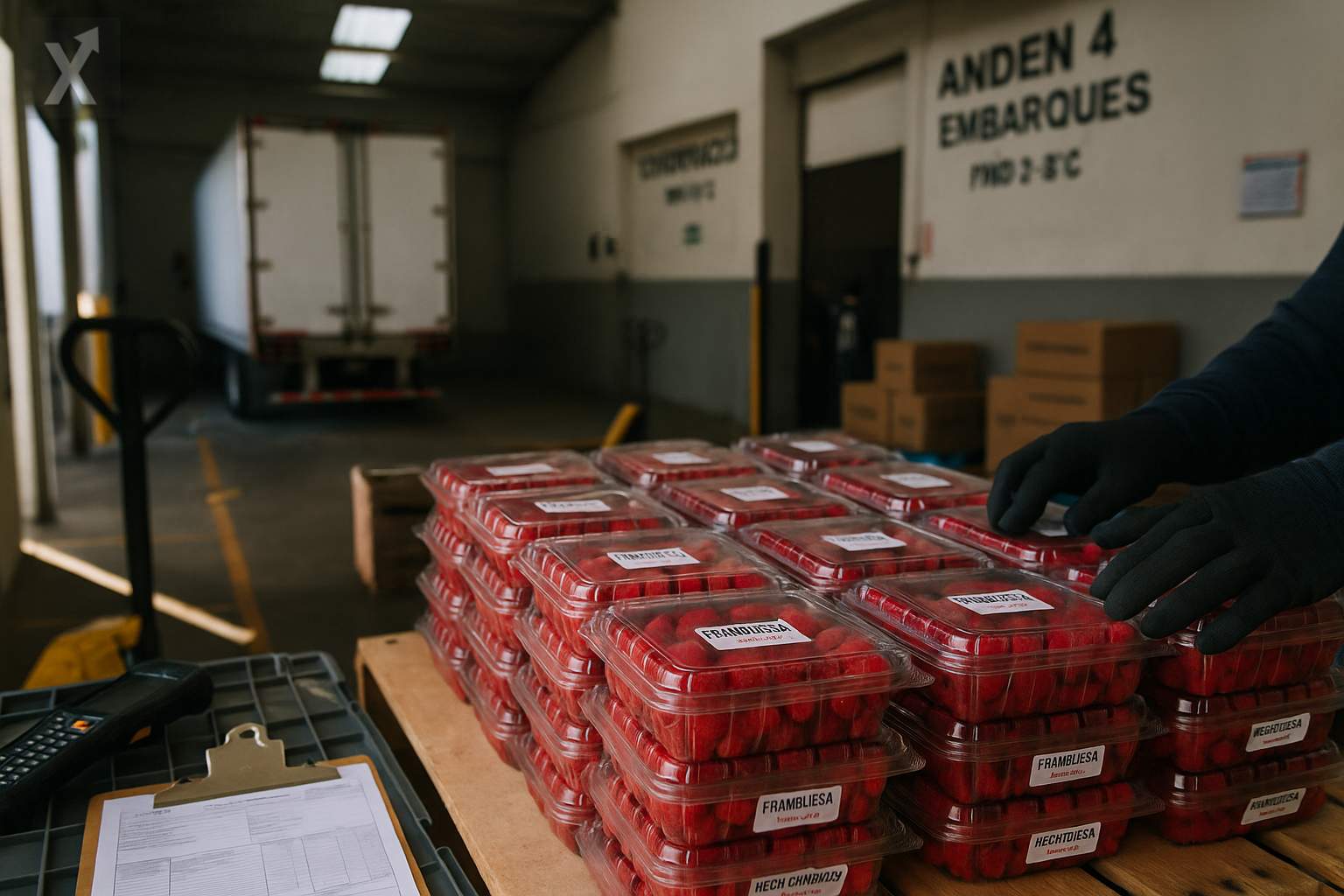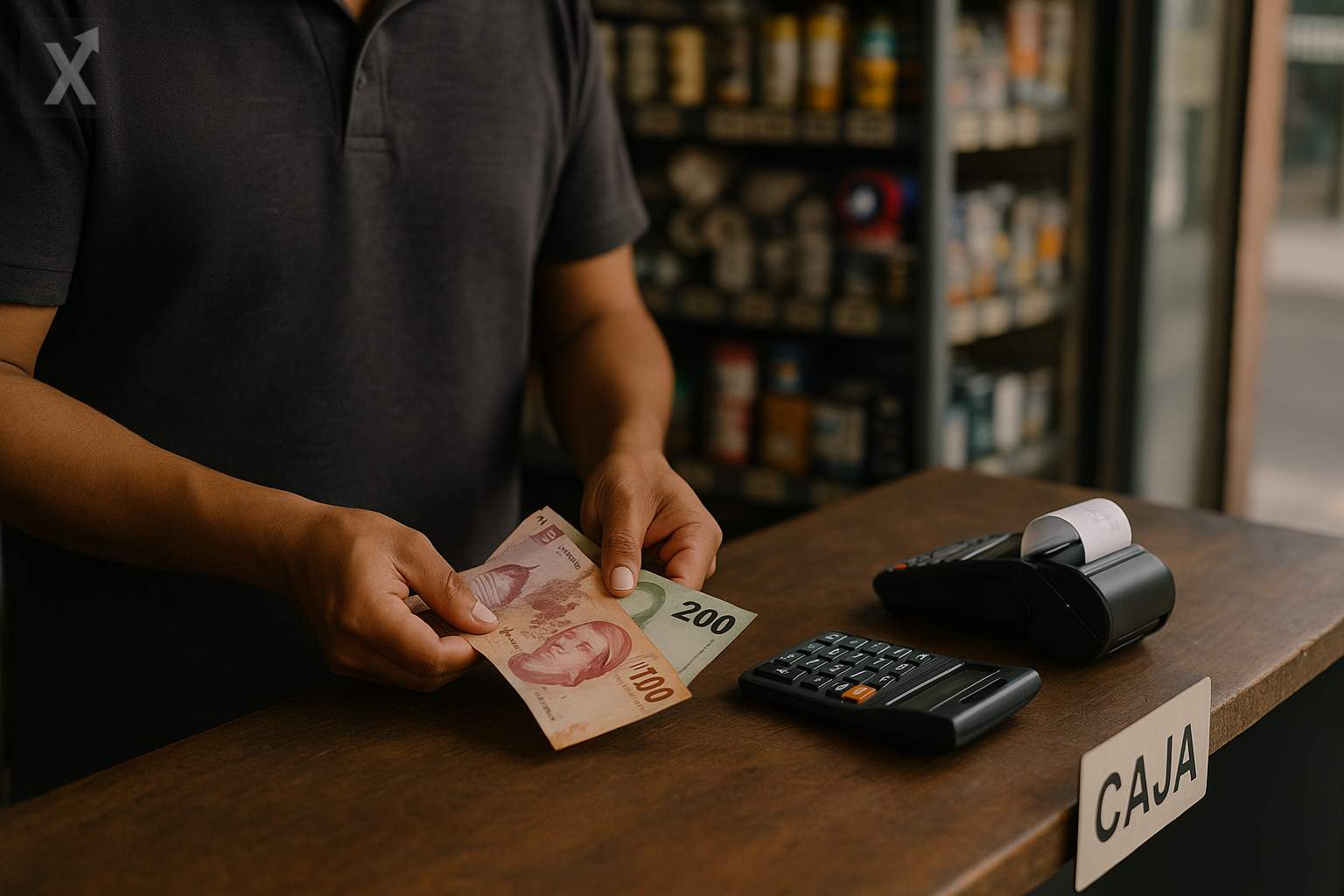Bank of America Doesn't Think Trump Will Implement Tariffs
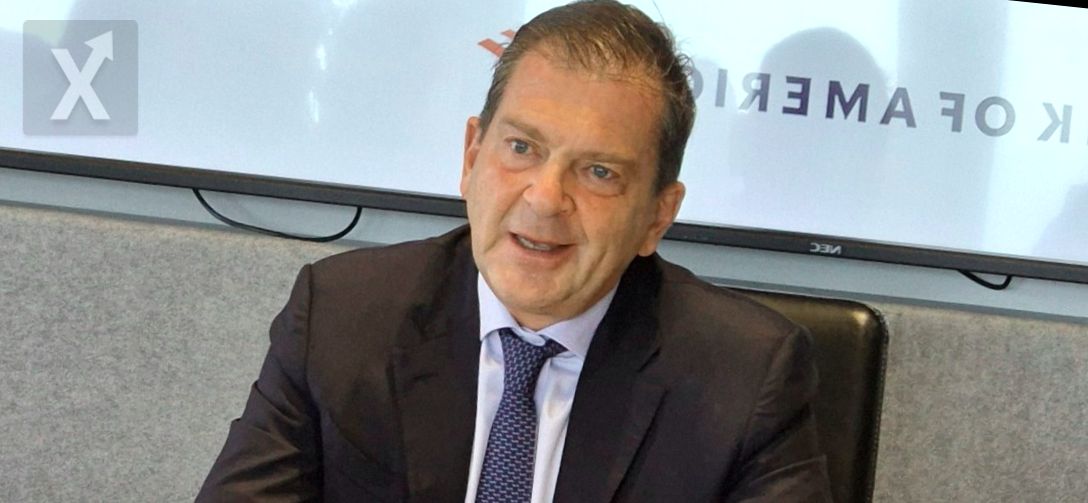
Donald Trump's warnings about imposing a 25% tariff on products coming from Mexico and Canada are likely to remain just a threat, as they would cause significant harm to U.S. companies. "Our perspective is that, in the end, those tariffs will not be enacted. We believe these tariffs would negatively impact the economies and businesses of the various countries," stated Emilio Romano, CEO of Bank of America Mexico.
The executive emphasized that the tariff threats mentioned by the Republican will continue to serve as a "negotiation tool" until 2026, the year Mexico, the United States, and Canada will need to meet to renew the trade agreement that took effect in 2020. Romano stressed that the USMCA will remain in force, as integration in North America is "irreversible" and has led to improvements in the quality of life for citizens in all three countries. Additionally, the automotive industries would be negatively affected by tariffs, considering that vehicle parts cross the border an average of seven times. "One part is made in Mexico, then sent to the U.S., assembled elsewhere, and then back to Mexico; these are interconnected supply chains," he argued. Moving forward, the goal will be to establish a trade strategy with China. Since global trade is tied to Asian economies, it’s complicated to separate from them, so we need to find ways to collaborate that protect North American interests, he added. The Bank of Mexico (Banxico) highlighted in its quarterly report from July to September that since 2018, China's share in total U.S. imports has decreased considerably, while other countries like Mexico and Vietnam have seen an increase. “In 2023, trade among the three USMCA countries reached approximately $1.5 trillion,” noted Banxico Governor Victoria Rodríguez. The central bank also mentioned that since 2018, countries like India and Mexico have gained share in China’s exports and are showing positive trends in their imports to the United States. Despite the potential volatility caused by the elected president's threats, Bank of America does not anticipate investors leaving Mexico, as business investments tend to be long-term and transcend political fluctuations. In fact, the banker highlighted the necessity for Mexico to maintain a strong rule of law that provides certainty to businesses. Romano noted that Mexico's position of collaborating with its partners on migration and security issues could bring high volatility to the exchange rate until the new agreement is signed. "We are convinced that in the end, North American unity will prevail, and the USMCA will be renewed without tariffs," Romano assured.
In a context where political threats can create uncertainty, it is crucial for Mexico to work on strengthening its economy and maintaining stable trade relations with its neighbors. Diversifying funding sources and seeking new markets will be key to ensuring sustainable growth. Furthermore, it is essential for productive sectors to continue innovating and adapting to the demands of global trade to mitigate risks associated with political and economic volatility.

